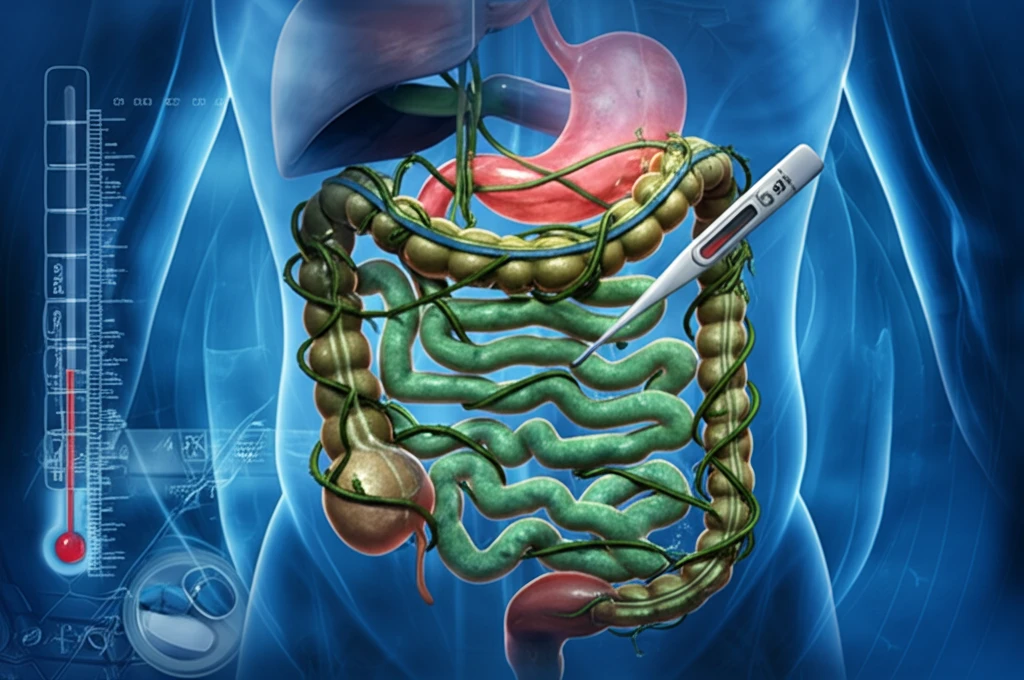
Is CMV Causing Your Ulcerative Colitis Flare-Up? A New Way to Tell
"Discover how a simple clinical model can help detect cytomegalovirus (CMV) infection during ulcerative colitis (UC) exacerbations, leading to faster treatment and better outcomes."
Ulcerative colitis (UC) is a chronic inflammatory condition affecting the colon, characterized by periods of remission and flare-ups. Managing these flare-ups can be challenging, as various factors can trigger them, including infections. One such infection is cytomegalovirus (CMV), a common virus that can reactivate during periods of immune suppression.
While CMV is frequently detected in the colonic biopsies of UC patients, especially those with steroid-refractory UC, its exact role remains controversial. Is it merely an innocent bystander, or does it actively contribute to the worsening of UC symptoms? Distinguishing between these possibilities is critical for determining the appropriate course of treatment.
A recent study published in 'Digestion' provides a promising clinical model to detect CMV infection in UC patients experiencing exacerbations. This model relies on readily available clinical parameters, offering a way to quickly assess the likelihood of CMV involvement and guide timely interventions. Here's a breakdown of the study and its potential implications for managing UC.
The CMV-UC Connection: Unpacking the Research

The study, led by Avi Levin, Shaul Yaari, and colleagues, retrospectively analyzed data from patients hospitalized for UC exacerbations. The researchers aimed to identify clinical and pathological parameters associated with CMV infection in the colon. They compared various methods for detecting CMV, including histopathology, immunohistochemistry (IHC), and CMV-PCR, to determine the most effective approach.
- CMV-PCR was the most sensitive method for detecting CMV in colonic tissue, outperforming histopathology and IHC.
- CMV-positive patients had a significantly higher frequency of recent steroid treatment and fever.
- They also had higher mean partial Mayo scores (indicating more severe disease activity) and lower mean albumin levels.
- Multivariate analysis identified recent steroid treatment and fever as independent predictors of colonic CMV infection.
What This Means for You: A Practical Takeaway
This study offers a valuable tool for clinicians managing UC patients experiencing flare-ups. By incorporating this clinical model into their assessment, doctors can more quickly identify patients at high risk for CMV infection. This, in turn, can lead to earlier initiation of appropriate diagnostic tests, such as CMV-PCR, and timely implementation of antiviral therapy when needed. While further research is always warranted, this clinical model represents a significant step forward in optimizing the management of UC and improving patient outcomes.
